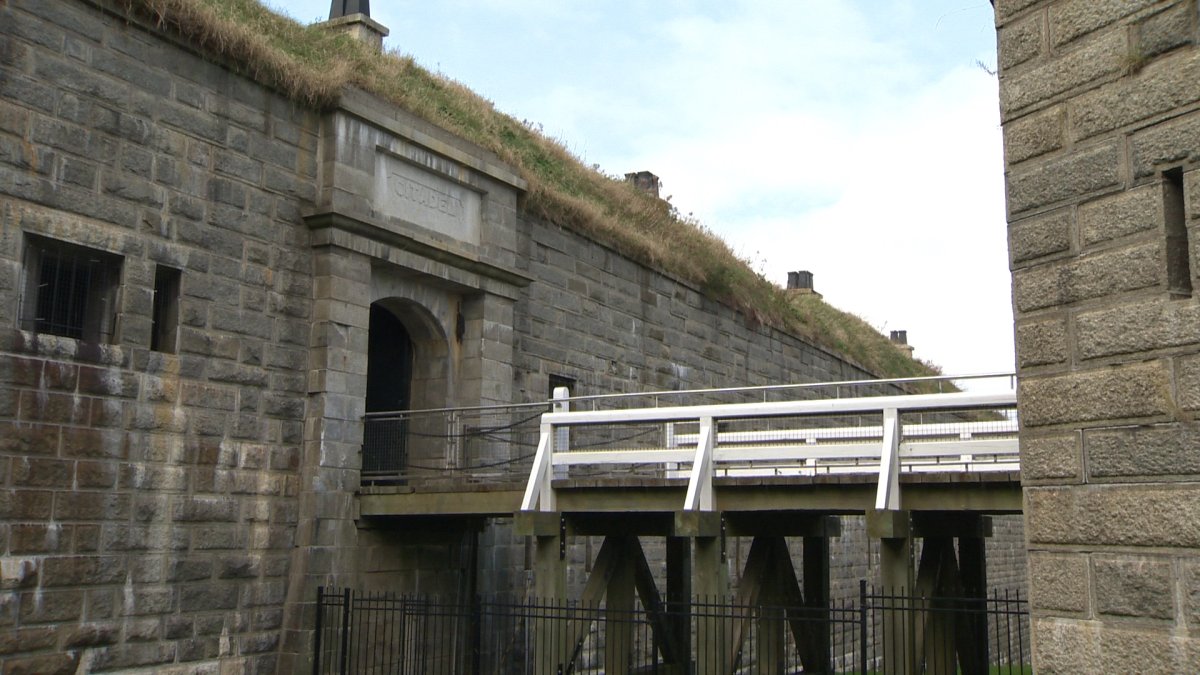HALIFAX – Citadel Hill will soon be swarmed by spies, sweeping the fort for centuries-old bombs within the walls.

There’s no risk of a real explosion, though — it’s all done within the safety of cyberspace.
The search is part of an intricate and immersive video game, designed and hosted by Dalhousie University’s computer science department.
The bombs are virtual 3D markers and the spies are volunteer video gamers. Players wander the fort using a tablet computer to virtually peer through the stone walls.
The video game is part of Nocturne, Halifax’s nighttime art festival. Downtown art fans will get access to dozens of unique exhibits and installations.
The spy game is one of them.
“It’s a completely new experience,” said game developer Mo Tawakol.
The hacked tablets are just one half of the game. Players on Citadel Hill, acting as modern day Canadian Security Intelligence Service (CSIS) agents, must cooperate with players on the waterfront.
The waterfront gamers play as 1800s-era sailors, with different information and tools to help their partner in the fort. The game’s storyline has the bombs planted in the early 1800s.
While it’s fun for the players, the game is also expected to generate a wealth of data about human-computer interaction.
The Citadel Hill players, for example, will be studied for how they interpret and respond to information from the tablet computer.
“What we’re looking at is the way people collaborate around small mobile devices when they’re moving,” said Derek Reilly, lead researcher.
Researchers are also interested in how real-world people interact within a virtual realm.
“Augmented and virtual reality is being used already in areas like forensics and crime scene investigation, where an expert may not be able to be on-site, but collaborates with someone who is on-site,” said Reilly.
After players complete the five-minute game, they’ll be asked by researchers about any challenges or benefits to virtual collaboration.
The game is free to play and will begin at 6 p.m. Saturday evening.
















Comments